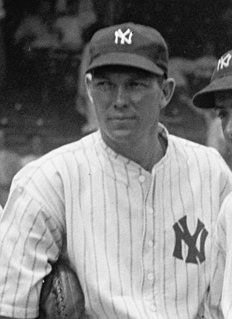A Quote by Vikram Seth
Why do writers, say, give up a job in economics and decide to write poetry? Or, why do they give up a job in a bank and decide to paint, like Krishan Khanna? They want to convey something.
Related Quotes
When I write a project, it might be something that I want to do and then when I look at it, I'm actually like, "I kind of don't want to direct it." I don't know why, I still love it enough for it to be made and to support it, but I don't want to direct it. I just give it to other directors and they do a good job!
I don't understand why it's more socially acceptable to say that you are a shallow person than to just say this is not something you want to do. Especially because it's a really hard job. It's a really important job. And why the hell should you do a really hard, important job that you don't want to do? That has extremely high stakes? That just blows my mind.
As a songwriter, you're never off - for me, anyway. There's a certain mentality of people that decide, "Oh, we're going to try to write songs from this time of the day to this time of the day." Almost treat it like a real job. I can't do that. I've never been able to write songs like that. You never know when something creative is going to hit you, or emotion or whatever. You can take it, and turn it into something that makes somebody feel something. I love that about my job.
It's far easier to write why something is terrible than why it's good. If you're reviewing a film and you decide "This is a movie I don't like," basically you can take every element of the film and find the obvious flaw, or argue that it seems ridiculous, or like a parody of itself, or that it's not as good as something similar that was done in a previous film. What's hard to do is describe why you like something. Because ultimately, the reason things move people is very amorphous. You can be cerebral about things you hate, but most of the things you like tend to be very emotive.







































